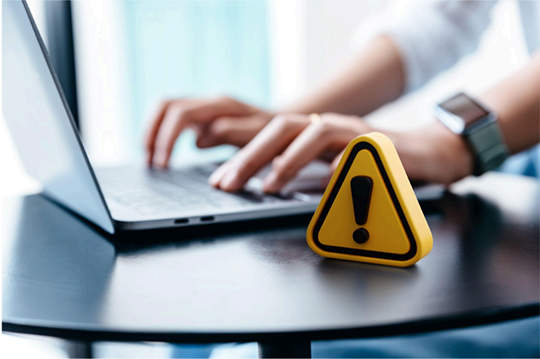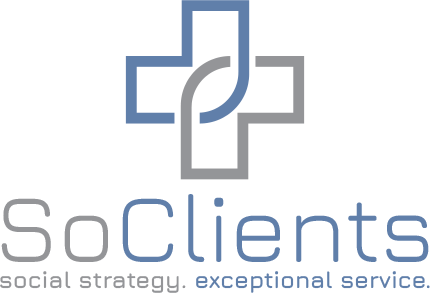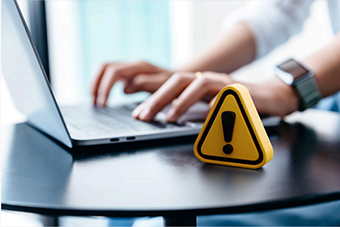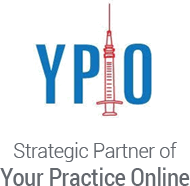
Medical practices commonly use social media platforms like a Facebook business page to engage with patients and the community. Facebook's security has been compromised in a significant breach, with North Korean hackers exploiting vulnerabilities, affecting millions and raising global cybersecurity concerns.
This online presence comes with the risk of hacking and other cybercrimes. Facebook has to now apologize for its largest hack ever. The company disclosed a breach that revealed 50 million accounts' details, including those of its co-founder and COO. Hackers manipulated multiple bugs in Facebook's code to gain access to accounts and linked services like Tinder and Airbnb, using a video-upload box in the 'View As' feature to generate access keys. These incidents underscore the ongoing challenges social media platforms face in protecting user data and privacy.
Here are some tips to prevent Facebook hacks:
- Use Strong, Unique Passwords:
Create complex passwords for your Facebook Business Page and Ad Accounts that include a mix of letters, numbers, and symbols. Avoid using easily guessable information like birth dates or common words. - Enable Two-Factor Authentication (2FA):
2FA adds an extra layer of security by requiring a second form of verification, such as a text message code, in addition to your password. - Manage Page Roles and Permissions:
Regularly review who has admin access to your Business Page. Assign roles judiciously and ensure that more than one trusted person has admin rights to assist in emergencies. - Secure Admin Accounts:
Protect the personal accounts of all admins with strong passwords and 2FA, as these accounts have direct access to your Business Page and Ad Accounts. - Educate Your Team:
Train your team on security best practices, including recognizing phishing attempts and reporting suspicious activities. - Monitor Ad Account Activity:
Keep a close eye on your Facebook Ad Accounts for any unusual activity or unauthorized access attempts. - Regularly Update Security Settings:
Stay informed about the latest security updates from Facebook and apply them to your Business Page and Ad Accounts. - Secure Your Email:
Since your Facebook account is tied to an email address, make sure that email account is also secure with a strong password and 2FA. - Backup Data:
Ensure that you have backups of all important data from your Facebook Business Page to prevent loss in case of hacking incidents. - Use Facebook's Security Center:
Take advantage of Facebook's built-in security features, such as alerts for unrecognized logins and the ability to see where your account is logged in from. - Response Plan:
Have a clear plan in place for how to respond if your Business Page or Ad Accounts are compromised. This should include steps to regain control of the account and communicate with your audience.
Cybercrimes through social media platforms generate revenues amounting to $3.25 billion annually. Implement these security measures to ensure your social media interactions remain safe and professional.
SoClients is a boutique digital content marketing and social media strategy consulting firm designed exclusively for healthcare professionals. We help physicians tell their stories so they can help more patients.
Katy Puckett has over 25 years of expertise in business management, education and client relationships. Her focus lies in education, marketing and communication, helping clients achieve their brand’s vision in social media and digital marketing across the US.



